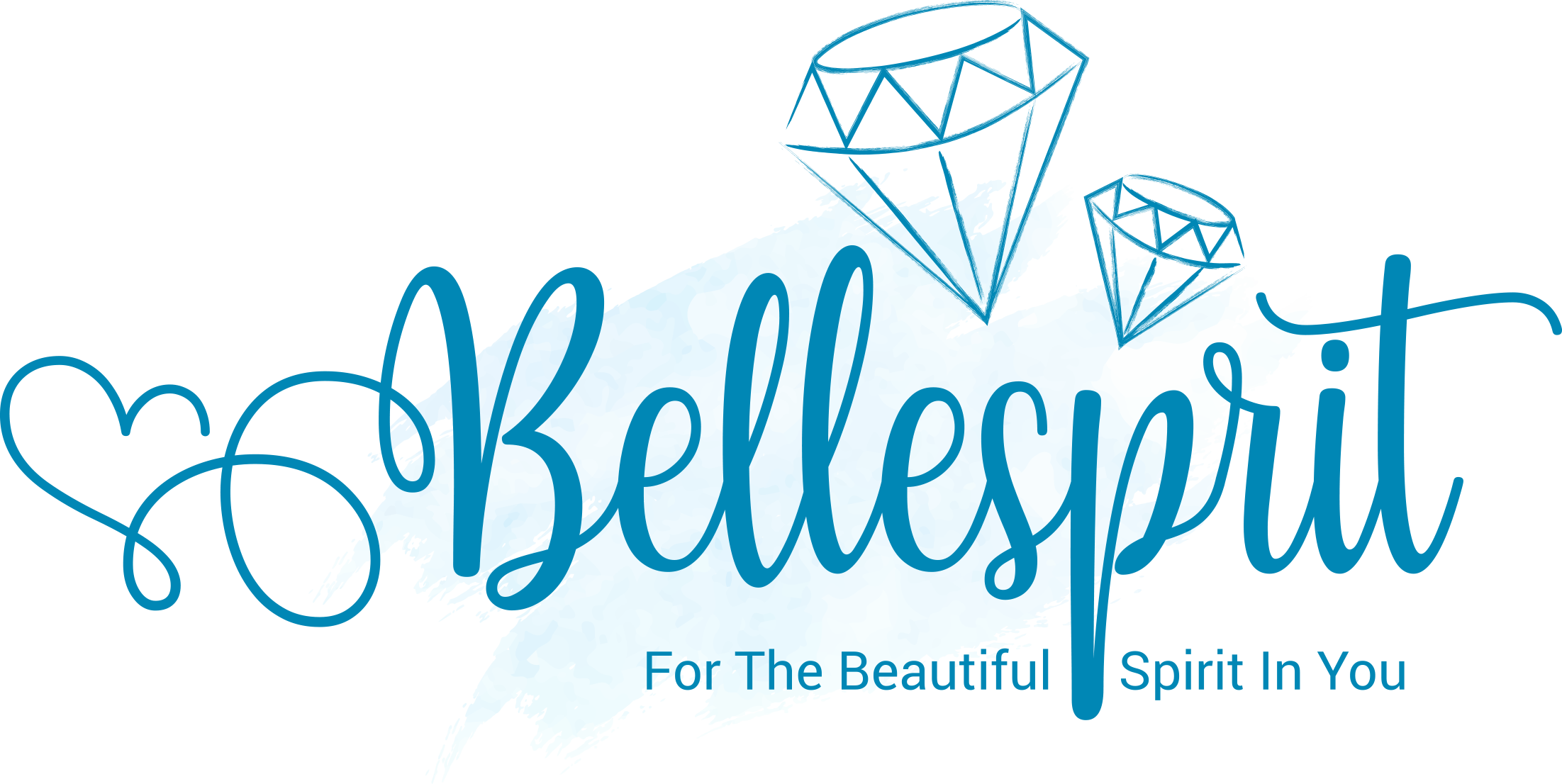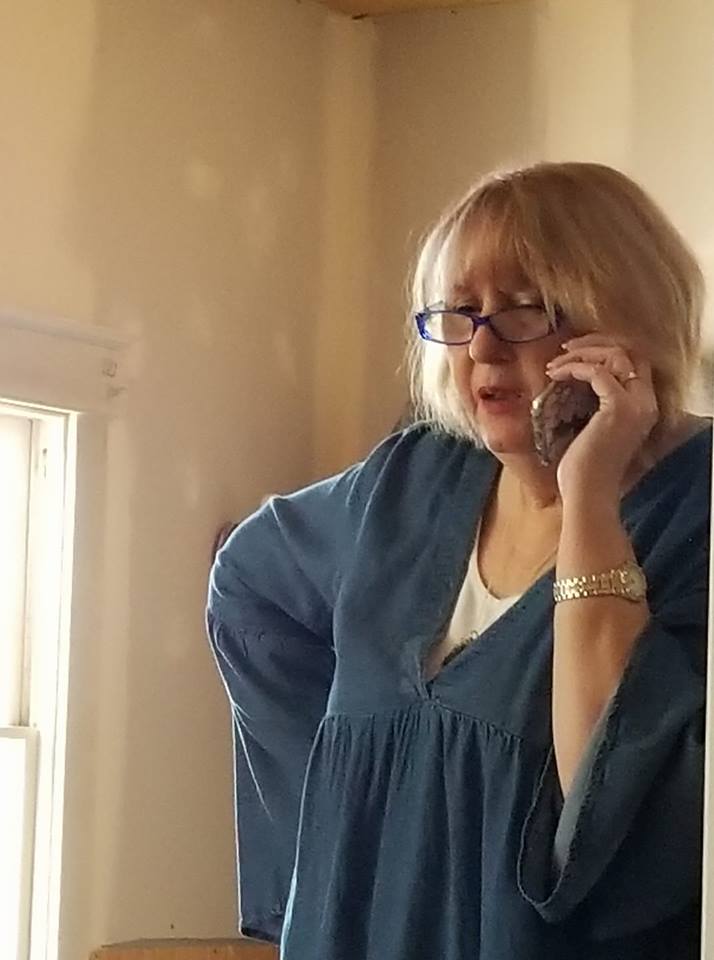Oh, what a fascinating world we live in when we simply observe.
I must say that I do indeed spend a great deal of time observing the behavior of those around me. I often say that every person I meet becomes a sociological experiment as I secretly study their behavior. I enjoy my clandestine hobby as I observe what makes people tick, where they’ve come from, and what have their experiences been to lead them to the present moment.
 I want to tell you a true story that recently played out between two co-workers and friends. I’ll describe two separate points of view but then I would like to talk to you about what the truth is, or the lack thereof. I state it that way because the truth, any truth, must have hard indisputable facts for which to draw a conclusion.
The first gentleman, I’ll simply call “A” works the weekday shift. The second man I’ll call “C” works the weekend shift. These two men to this point have always been friendly to one another but because of different shifts they usually only see each other a few times a year. Any stories passed to one about the other is always through second or third-hand sources and we all know how reliable that can be. Here is where the tale begins. A had come across a situation where a particular piece of expensive equipment was not being properly maintained during the weekend hours. What made this situation important is the fact that this oversight presented a real situation for a fire to start. After alerting the management to the condition, the information was passed to the weekend crew to be sure and do a more thorough job when it came to the daily maintenance. No one received corrective action and no accusations were made to anyone and this is where the story should have ended.
It’s important to point out that this event happened about two months ago. Since then, the management has asked all shifts to be observant of anything unusual when it comes to equipment maintenance. Everyone on the staff has a different area of training and expertise and if something is not being taken care of it needs to be brought to everyone’s attention so we can grow stronger and more competent as a team. So these conversations go on, a situation arises and the supervisors and managers pass along the details as needed and everyone moves forward. Most of the time that is.
Flash forward to the present moment. As it turns out C has a bit of obsessive compulsive tendencies. He is known to pick apart a situation or a conversation until he has figured out every little angle. I can only surmise that he has been stewing over the previous event about the fire hazard and took the situation a bit too personally. Somehow he felt singled out and I’m afraid his ego got the best of him. C then fired off a string of angry text messages to A laying his feeling on the line. He felt that A was targeting him specifically when in fact that wasn’t the case. As you can imagine A was confused and quite upset by this. He didn’t understand where C was coming from especially about a situation that was two months in the past. Soon the management and the HR team had to intervene to redirect the thinking of both men involved so a peaceful solution could be realized. So there I was, sitting in the middle of two friends, listening to both sides and observing how this whole event was escalating, not on facts, but on gossip, suppositions, and assumptions.
Now being the attentive observer I got to pondering about the reality of what we believe. But the other side of that coin is the non-reality of what we believe. In the story I just presented of my feuding pals it’s pretty easy to discern how untruths can really carry our thoughts out of control. But my pondering has lead me down to the finer aspects of my reality where things get a little interesting. Please notice that I didn’t say our reality. I certainly feel that no two of us can have the same reality because we all have different experiences in our past and these experiences are what shape our belief in the truth. These beliefs are what lead to our perceptions. Our beliefs dictate how we interpret the world around us. These beliefs create a whole gamut of thoughts that contain our judgements and prejudices and our feelings of love, hate, and anger. The way we perceive the truth will lead to our beliefs in politics and religion and what brand of car is better than the other. The list goes on and on, we believe that spiders are icky and snakes are scary. We believe kittens are humble but the Great White shark is a soulless killer.
I’m going to let you in on a little secret that most of humanity is yet to discover. It may be a bit shocking but I’ll tell you and let you ponder it on your own. Here it is…Beliefs are never based on truth. That’s right they’re not. Never have, never will. That is the nature of belief. It may contain certain elements of truth but there is always more to the story than is being realized. We can’t possibly know all the thoughts and feeling swirling inside of A and C in the above situation. And if we can’t understand it 100% then we can never really draw a definitive conclusion about it. And if that’s the case we should help them through their differences without judgement. Now let’s look at another example and see if it is true or not.
If you ask any scientist how the Sun works he will tell you with all certainty that the Sun is a massive ball of gas compressed by enormous gravity until the hydrogen molecules fuse together to create helium and in this process an incredible amount of heat is created which works its way to the surface until it bursts forth with a huge blast of light and electro-magnetic energy. To this scientist I can honestly say “Maybe it is and maybe it isn’t”. Right before he punches me in the nose I would say that probably he’s right but no one has ever been to the Sun let alone been inside to observe this nuclear reaction. With this lack of experiential evidence no person can really ever say that they know how the Sun works. At this point it’s only a belief.
Here’s another example concerning our religious beliefs. All major religions are based on supposed facts about great figures in history. The stories have been passed down from generation to generation and have been written and rewritten about to great extents. These stories have been translated into many languages and if one word in ancient Aramaic doesn’t have a meaning in say, English the verbiage is changed a little to make it all fit together. Not a single person alive today was there to witness these events in person so how can we possibly draw a definite conclusion and say that we know our religion is the one true faith? And even if we were there to witness it we would perceive it through our own filters of judgements, fears, and prejudices. As I write this article my wife is upstairs. I see her every day and over the years I’ve learned her patterns and habit well but in this very moment there is no way I can honestly say that I know for sure what she is doing. She may be brushing her teeth or combing her hair. I don’t know what she is wearing. Perhaps she’s petting the dog or taking a nap. If there’s one thing I can say for sure is that I just can’t say for sure.
So one may say at this point, “Okay, we’ve all played Telephone in grade school and we know how gossip can change from mouth to ear but why make a big deal of all this? What are you trying to prove?” I’m not trying to necessarily prove anything but I am attempting to plant into the mind the possibility that there are many sides to every story. The world is becoming a strange place these days as people and opinions are polarizing to the point where hate and violence are the result, but then again, I guess they always have been but I also feel they don’t have to be.
We didn’t drop from the womb with judgement and hate in our hearts, these were fears that we learned along the way so why can’t we unlearn them and adopt a new way of thinking. A way that is based on love and non-judgement? Every minute of the day we can tune into the news and learn what’s happening in the world. Or can we? It’s a very common belief that the media spoon-feeds us whatever they want us to believe but for some reason we can’t seem to pull ourselves away from the TV. Recently two friends were arguing the opposite sides of politics. My two cents was to ask if they felt they could ever get the true story from the news media. They said “No”. Then I asked if they felt the media manipulated the facts in a way to make the viewer believe a certain point of view. They both agreed this was probably true. I then asked where they were getting all the supposed facts they were now arguing about. Of course, they said through the various news media outlets. At this point I asked both men how they could possibly be arguing their opinion even though they knew these opinions were formed on such shaky ground. Especially since these opinions were formed from nothing more solid than a string of well-constructed lies. I laughed to myself as they grumbled but walked away concluding that they knew they were right anyhow.
The goal of this article is not to condemn or judge anyone for their beliefs and opinions but to show that we don’t have to argue and polarize against someone who has a different opinion. The whole reason we fight amongst ourselves is because we feel we are right in our beliefs and we think we have to force these beliefs onto someone else. Even to the point of killing to honor our god or to prove that our country is better than another. When someone is telling you their truth and it doesn’t align with yours, it is so easy to just listen and not get involved with trying to prove them wrong. We don’t have to engage with anyone to the point of conflict especially if we understand that nothing can really be true or false. Let’s realize that if we don’t know all the facts that build someone’s opinions then we don’t have a solid platform to prove them wrong. Let’s find peace as a new common ground between us and let’s stop teaching our children to hate. And for god’s sake, for our sake, let’s stop letting the boob-tube tell us who to rise up against and who to fear. We have it in us to be better than that, we have it in us to love.
Peace out, Patrick]]>
I want to tell you a true story that recently played out between two co-workers and friends. I’ll describe two separate points of view but then I would like to talk to you about what the truth is, or the lack thereof. I state it that way because the truth, any truth, must have hard indisputable facts for which to draw a conclusion.
The first gentleman, I’ll simply call “A” works the weekday shift. The second man I’ll call “C” works the weekend shift. These two men to this point have always been friendly to one another but because of different shifts they usually only see each other a few times a year. Any stories passed to one about the other is always through second or third-hand sources and we all know how reliable that can be. Here is where the tale begins. A had come across a situation where a particular piece of expensive equipment was not being properly maintained during the weekend hours. What made this situation important is the fact that this oversight presented a real situation for a fire to start. After alerting the management to the condition, the information was passed to the weekend crew to be sure and do a more thorough job when it came to the daily maintenance. No one received corrective action and no accusations were made to anyone and this is where the story should have ended.
It’s important to point out that this event happened about two months ago. Since then, the management has asked all shifts to be observant of anything unusual when it comes to equipment maintenance. Everyone on the staff has a different area of training and expertise and if something is not being taken care of it needs to be brought to everyone’s attention so we can grow stronger and more competent as a team. So these conversations go on, a situation arises and the supervisors and managers pass along the details as needed and everyone moves forward. Most of the time that is.
Flash forward to the present moment. As it turns out C has a bit of obsessive compulsive tendencies. He is known to pick apart a situation or a conversation until he has figured out every little angle. I can only surmise that he has been stewing over the previous event about the fire hazard and took the situation a bit too personally. Somehow he felt singled out and I’m afraid his ego got the best of him. C then fired off a string of angry text messages to A laying his feeling on the line. He felt that A was targeting him specifically when in fact that wasn’t the case. As you can imagine A was confused and quite upset by this. He didn’t understand where C was coming from especially about a situation that was two months in the past. Soon the management and the HR team had to intervene to redirect the thinking of both men involved so a peaceful solution could be realized. So there I was, sitting in the middle of two friends, listening to both sides and observing how this whole event was escalating, not on facts, but on gossip, suppositions, and assumptions.
Now being the attentive observer I got to pondering about the reality of what we believe. But the other side of that coin is the non-reality of what we believe. In the story I just presented of my feuding pals it’s pretty easy to discern how untruths can really carry our thoughts out of control. But my pondering has lead me down to the finer aspects of my reality where things get a little interesting. Please notice that I didn’t say our reality. I certainly feel that no two of us can have the same reality because we all have different experiences in our past and these experiences are what shape our belief in the truth. These beliefs are what lead to our perceptions. Our beliefs dictate how we interpret the world around us. These beliefs create a whole gamut of thoughts that contain our judgements and prejudices and our feelings of love, hate, and anger. The way we perceive the truth will lead to our beliefs in politics and religion and what brand of car is better than the other. The list goes on and on, we believe that spiders are icky and snakes are scary. We believe kittens are humble but the Great White shark is a soulless killer.
I’m going to let you in on a little secret that most of humanity is yet to discover. It may be a bit shocking but I’ll tell you and let you ponder it on your own. Here it is…Beliefs are never based on truth. That’s right they’re not. Never have, never will. That is the nature of belief. It may contain certain elements of truth but there is always more to the story than is being realized. We can’t possibly know all the thoughts and feeling swirling inside of A and C in the above situation. And if we can’t understand it 100% then we can never really draw a definitive conclusion about it. And if that’s the case we should help them through their differences without judgement. Now let’s look at another example and see if it is true or not.
If you ask any scientist how the Sun works he will tell you with all certainty that the Sun is a massive ball of gas compressed by enormous gravity until the hydrogen molecules fuse together to create helium and in this process an incredible amount of heat is created which works its way to the surface until it bursts forth with a huge blast of light and electro-magnetic energy. To this scientist I can honestly say “Maybe it is and maybe it isn’t”. Right before he punches me in the nose I would say that probably he’s right but no one has ever been to the Sun let alone been inside to observe this nuclear reaction. With this lack of experiential evidence no person can really ever say that they know how the Sun works. At this point it’s only a belief.
Here’s another example concerning our religious beliefs. All major religions are based on supposed facts about great figures in history. The stories have been passed down from generation to generation and have been written and rewritten about to great extents. These stories have been translated into many languages and if one word in ancient Aramaic doesn’t have a meaning in say, English the verbiage is changed a little to make it all fit together. Not a single person alive today was there to witness these events in person so how can we possibly draw a definite conclusion and say that we know our religion is the one true faith? And even if we were there to witness it we would perceive it through our own filters of judgements, fears, and prejudices. As I write this article my wife is upstairs. I see her every day and over the years I’ve learned her patterns and habit well but in this very moment there is no way I can honestly say that I know for sure what she is doing. She may be brushing her teeth or combing her hair. I don’t know what she is wearing. Perhaps she’s petting the dog or taking a nap. If there’s one thing I can say for sure is that I just can’t say for sure.
So one may say at this point, “Okay, we’ve all played Telephone in grade school and we know how gossip can change from mouth to ear but why make a big deal of all this? What are you trying to prove?” I’m not trying to necessarily prove anything but I am attempting to plant into the mind the possibility that there are many sides to every story. The world is becoming a strange place these days as people and opinions are polarizing to the point where hate and violence are the result, but then again, I guess they always have been but I also feel they don’t have to be.
We didn’t drop from the womb with judgement and hate in our hearts, these were fears that we learned along the way so why can’t we unlearn them and adopt a new way of thinking. A way that is based on love and non-judgement? Every minute of the day we can tune into the news and learn what’s happening in the world. Or can we? It’s a very common belief that the media spoon-feeds us whatever they want us to believe but for some reason we can’t seem to pull ourselves away from the TV. Recently two friends were arguing the opposite sides of politics. My two cents was to ask if they felt they could ever get the true story from the news media. They said “No”. Then I asked if they felt the media manipulated the facts in a way to make the viewer believe a certain point of view. They both agreed this was probably true. I then asked where they were getting all the supposed facts they were now arguing about. Of course, they said through the various news media outlets. At this point I asked both men how they could possibly be arguing their opinion even though they knew these opinions were formed on such shaky ground. Especially since these opinions were formed from nothing more solid than a string of well-constructed lies. I laughed to myself as they grumbled but walked away concluding that they knew they were right anyhow.
The goal of this article is not to condemn or judge anyone for their beliefs and opinions but to show that we don’t have to argue and polarize against someone who has a different opinion. The whole reason we fight amongst ourselves is because we feel we are right in our beliefs and we think we have to force these beliefs onto someone else. Even to the point of killing to honor our god or to prove that our country is better than another. When someone is telling you their truth and it doesn’t align with yours, it is so easy to just listen and not get involved with trying to prove them wrong. We don’t have to engage with anyone to the point of conflict especially if we understand that nothing can really be true or false. Let’s realize that if we don’t know all the facts that build someone’s opinions then we don’t have a solid platform to prove them wrong. Let’s find peace as a new common ground between us and let’s stop teaching our children to hate. And for god’s sake, for our sake, let’s stop letting the boob-tube tell us who to rise up against and who to fear. We have it in us to be better than that, we have it in us to love.
Peace out, Patrick]]>
You also might be interested in
A final message of love from Pamela as she ventures on to new adventures [...]
Is it really important to love yourself? Elaine Good tells us why [...]
Pamela Cummins discusses what women want to know about marriage.
About Bellesprit

Bellésprit (pronounced bell-e-spree) was born out of a desire to educate those who seek to expand their knowledge along their spiritual path. Featuring many contributors who are experts in their field, Bellésprit has a little bit of something for everyone who desires to learn more about spirituality, metaphysics, and the paranormal world.



